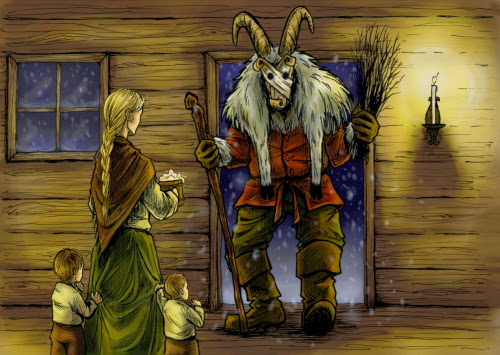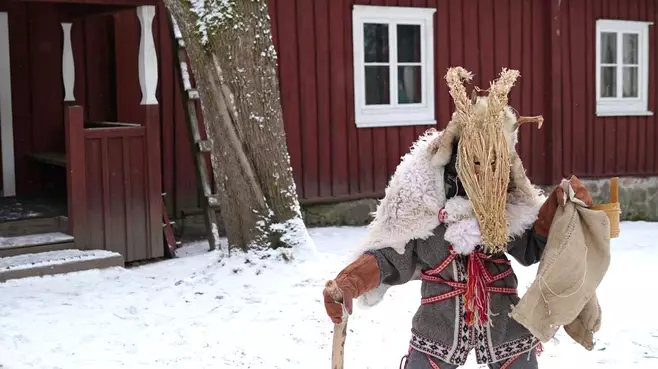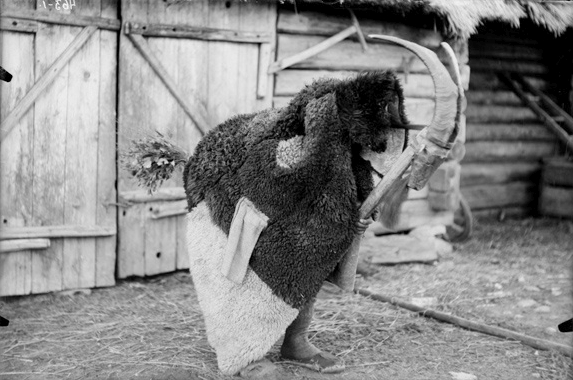The Norwegian dialect situation is pretty interesting, though Wikipedia suggests that there is some sort of a standardized spoken variety in eastern Norway and, IIRC at the moment, also that dialect differences are reflected in written Norwegian as well.
eskandar wrote:Cool song! Now, can you translate the non-Urdu parts?

Probably not, but I can take a shot in the dark and try anyway!
(Urdu)
[ˈd͡ʒanɨ jɛˈɦi hɛ], [ˈʃanɨ jɛˈɦi hɛ],
This is our life, this is our grace,
[ɔɾ jɛˈɦi pɛhəˈt͡ʃan]:
And this is the one we know:
[həm hɛ̃ pakɪsˈt̪an].
We are Pakistan.
(Balochi)
[mɛ ʋəˈt̪ən paˈki ʋəˈt̪ən],
My country is a pure country,
[ˈkohɨ], [t̪əlaˈɾani ʋəˈt̪ən].
A country of mountains and cliffs.
[ˈsəɾɨ ˈsəbzɨ ˈbat̪e], [mɛ ʋəˈt̪ən],
May you be full of greenery, my land,
[ɪʃk̚ ˈt̪oki ʃaˈɾani ʋəˈt̪ən]!
Between the sides of my land!
[məe̯ d̪in o iˈmani ʋəˈt̪ən],
You are my religion and the faith of this country,
[ɛ ˈd͡ʒane d͡ʒaˈnane ʋəˈt̪ən]!
O my most beloved country!
[ɛ mɛ ˈd͡ʒane], [ɛ mɛ ˈʃane],
O my dear, o my grace,
[ɛ məˈje əɾˈman]!
O my soul!
(Sindhi)
[ʋəˈd̪ʱəɳɨ], [ˈd͡ʒamən̪d̪əɹ]. [keˈd̪a ˈsʊn̪d̪əɹ],
Ladle/saucepan, large knife, beautiful silly woman,

[ʃaɦɨ], [səˈt͡ʃəl], [əj], [aːhe kəˈlən̪d̪əɹ]!
Oh,
Shah and
Sachal are
Qalandar (or
qalandars?)!
[ˈpjaɾɨ mɔˈɦɔbbət̪ɨ ˈmənɨ d͡ʒe ˈən̪d̪əɹ].
Love and affection are inside the mind.
[moɦən d̪əˈɽo] [ʋəj], [keˈʈi ɦi ˈbən̪d̪əɹ]!
Oh, Mohenjo-Daro, the delta is a port.
[səɓɨ ʋəˈd̪ʱajɪɳɨ ˈmʊlkɨ d͡ʒʊˈmaɳ],
May the whole country grow together,

[ɛ əˈsã d͡ʒi d͡ʒan]!
O, our dear!
(Pashto)
[st̪a pə ˈhəɾə ˈlaɾa mʊŋ d̪ə ˈmine məˈʃaluŋ ˈnəgdu],
Near our torches of love on all of your paths,
[st̪a ˈhəɾa kuˈsɐkke mʊŋ d̪ə zɽuno səˈɾa zɽuŋ ˈnəgdu],
Near our hearts upon hearts that have all burned for you,
[jo bəl ˈləbɨ ˈd͡ʒaje gu muŋ d̪ə jo bəl na kʊɾˈban].
Nevertheless, nothing that we have said with our lips is a sacrifice.

(Punjabi)
[ɛ d̪ɪl ˈmət̪t̪ʰə ˈpʰʊllɨ gʊˈlabɨ kʰɪˈɽən]!
Oh, rose flowers blossoming in the middle of my heart!
[ɛ d̪ɪl ˈmɔsəm ˈd͡ʒənnət̪ɨ ˈnalɨ mɪˈlən]!
O heart, seasons meeting through heaven!

[saˈɖa ˈnile ˈmanɨ t̪e ˈd͡ʒane],
All going through blue skies,

[saˈɖa ˈsəbɨ d̪a maɳ]
All the pride of everything

(Shina - this part I'm probably completely bullshitting on)
[puri d̪uˈna t̪e ˈmuʂo nəj].
Such people do not exist in the whole world.
[wəˈt̪ən kʰuˈʃaʈi hə̃].
My country is happy.

[nɛ un ga ˈsuri ʃiˈɾi].
Those songs are not the tunes of poems.
[luʈ̚ pe d͡ʒɪn səˈnaʈi hə̃].
They are the struggle of folk culture.
[neke t̪u naŋga pəɾbət̪],
You take our mountain,
[gilgit̪ bəlt̪ɪsˈt̪an].
Gilgit-Baltistan.
(Gojri)
[həsɨˈd̪a ʋəsɨˈd̪a ɛsə ʋəˈt̪ənə ma səˈd̪a je ɾe̤ aˈbad̪]!
May this remain everlasting in such a country where one lives happily!
[d͡ʒɪt̪ɨˈna ˈhoʋe ɛsə t͡ʃəˈmənə ma], [ˈsəbɨ ˈhoʋe d̪ɪl ʃad̪].
However many people live on such grass, they will all be happy at heart.
[hã], [mɛ̃ ˈhoʋe alˈla ˈt̪ala ˈpṳ̃t͡ʃe ˈɪsɨ ki ʃan].
Yes, I will have reached the grace of Allah, the Most Exalted.
(Urdu again)
[əlˈla ˈsaji səd̪a səˈlamət̪ə pakɪsˈt̪anɨ ɾəˈɦe]!
May Allah always remain the shadow that protects Pakistan!
[ˈgʱəɾɨ ˈgʱəɾɨ χʊʃiˈjã], [ʃɛˈɦɛɾɨ ʃɛˈɦɛɾɨ mẽ həm nɔˈmanɨ ɾəˈɦe]!
May every house be full of happiness, and may we remain calm in every city!
[ˈhəɾɨ ˈd̪ɪlɨ ˈd͡ʒəgɨməgɨ], ˈ[həɾɨ ˈgʱəɾɨ ˈɾɛɦɨmət̪ɨ], [alˈla ka ɪnˈsan]
Every heart shining, every home comfortable, people of Allah





